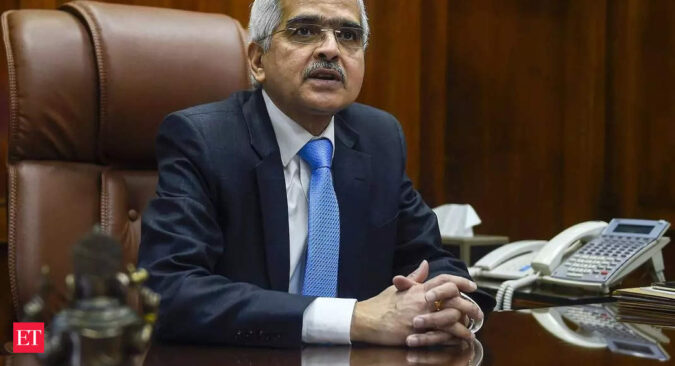The decision has been made to prepare a strategy based on global best practices on mitigating the adverse impacts of climate change, said Das.
He stated that a discussion paper (DP) on climate risk and sustainable finance was placed on RBI website on July 27, 2022, for public comments and feedback. Based on analysis of the feedback received in this regard, the RBI has decided to issue several guidelines for Regulated Entities (REs).
These guidelines include:
- Broad framework for acceptance of Green Deposits
- Disclosure framework on Climate-related Financial Risks
- Guidance on Climate Scenario Analysis and Stress Testing
The guidelines will be issued in a phased manner, said governor Das in his virtual address.
“Further, the Reserve Bank shall have a dedicated webpage on its website which will consolidate all instructions, press releases, publications, speeches and related RBI communication on climate risk and sustainable finance,” he said.
The RBI-led rate-setting panel also raised the country’s policy rate by 25 basis points in its last policy review of the fiscal year (FY23) amid moderating inflation.
MPC increased the repo rate, or the key rate at which the RBI lends short-term funds to commercial banks, to 6.50 per cent from 6.25 per cent. The key rate has now been raised by 250 (225 + 25) bps since May by the panel. The panel also decided to remain focused on withdrawal of accommodative stance.
The inflation forecast for the country for this fiscal year was cut, even as the governor flagged stickiness of the core inflation to be a matter of concern.
Inflation in the next fiscal year is expected to be 5.3 per cent for 2023-2024, with Q1 at 5 per cent, Q2 at 5.4 per cent, Q3 at 5.4 per cent and Q4 at 5.6 per cent. The Mint street and its boss had earlier said they expect inflation to ease to 5 per cent by April to June of next year.
Meanwhile, real GDP growth for FY24 was pegged at 6.4 per cent while growth for FY23 has been pegged at 7 per cent.
